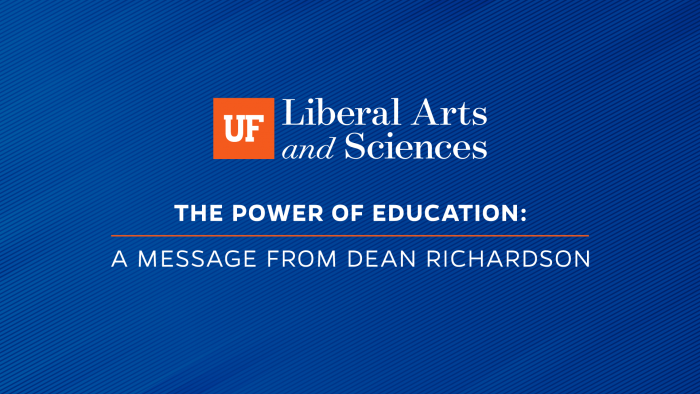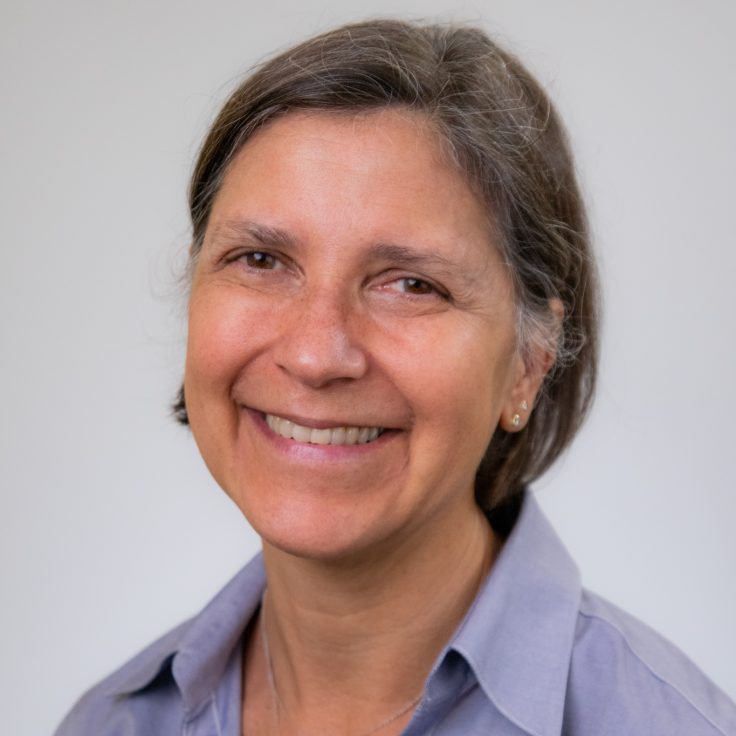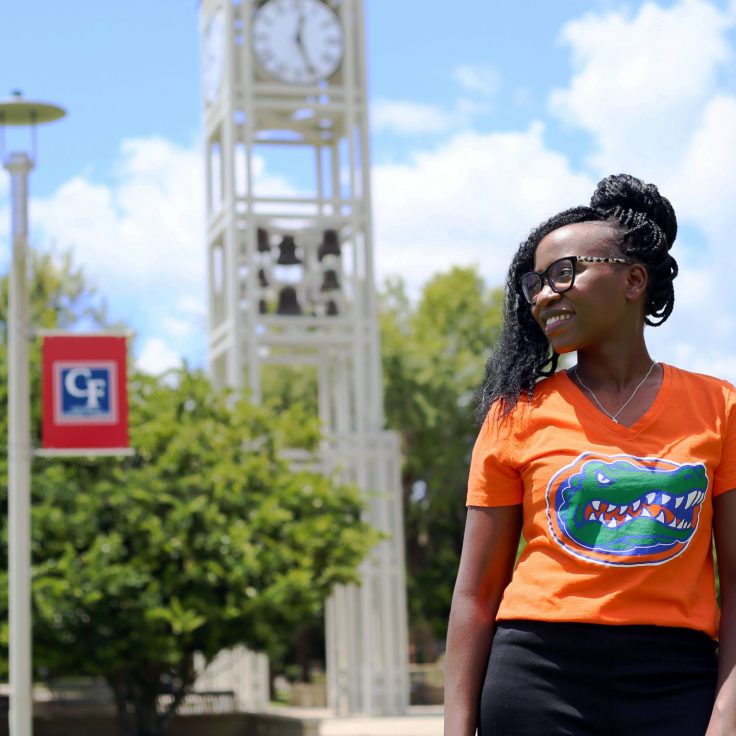
Racial Justice and the Power of Education
Dear CLAS community,
The senseless deaths of George Floyd, Breonna Taylor, and Ahmaud Arbery in the space of less than three months have brought deep anger, pain, and sadness to our community. Our nation reels at these latest examples of violence against black Americans, tearing at the fabric of society.
Racial prejudice and oppression have a long history. In our time it has been a disturbing and relentless fact of life. African-American students, faculty, and staff of our college, and their families, must too often live with the undercurrent of fear that arises from a history of violence that has struck down so many. Although we are right to all be proud of our collective accomplishments as an institution, we cannot be satisfied until that fear is vanquished in our community and across the nation. Supporting progress to that end must be a key mission of our institution and higher education.
As I considered how to enlist our college in the pursuit of that goal, I have received dozens of messages from colleagues, businesses, and organizations that pledge their efforts to build a more just and equitable future. Earlier today we received an especially heartening letter from the Florida State University System Board of Governors chair, vice chair, and chancellor. I include this excerpt here:
“…it is time for the State University System, including students, faculty, staff, and alumni, to actively engage in finding solutions to peacefully eliminate racism and discrimination. This will be a critical mission of our twelve state universities, as it is our duty as societal leaders to help end prejudice and to promote social justice for all.
Our universities will draw upon the wisdom and leadership of our students, faculty, and staff to strengthen our campus communities and our State. Together, we must move forward with greater resolve to battle racism and systemic inequities wherever they exist.”
As members of an academic community committed to educating our students to be broad-minded members of a free and just society, we can most effectively respond in this moment by harnessing the power of education. No one discipline or major is sufficient to fulfill this mission. I would therefore ask each of you to consider how you might use your place in the classroom, in your work environment, and in your research to contribute to a broader understanding and appreciation of these issues.
Furthermore, we must all be committed to helping and supporting our students as they engage with these profound social issues. Twenty years ago, The Kellogg Foundation report Leadership Reconsidered: Engaging Higher Education in Social Change presciently noted that, “To cope effectively and creatively with these emerging national and world trends, future leaders will not only need to possess new knowledge and skills, but will also be called upon to display a high level of emotional and spiritual wisdom and maturity.” The authors of the report had no inkling of the world-shaking events that our students would face in the 21st century, but their words ring true today.
To get us started, I will advance a simple concept. Our college should continue to make outstanding courses available for our entering students that highlight the history of racial injustice in the United States, introduce critical analyses of race and racism, and explore issues surrounding social justice in ways that challenge students’ deeply held assumptions about themselves and society. As they do now, a growing commitment to these areas of teaching can emerge across our college: in the offerings of the Quest program, in our general education curriculum, in our interdisciplinary centers, and in the course catalogs of our departments. I envision our African American Studies Program, after 50 years as an impactful presence on campus, emerging as an academic department following substantial investments in new faculty by our college and university.
Fostering dialog on these issues in the classroom is not easy, but few faculties are better equipped for the challenge than our own. Indeed, I hope the day arrives soon in which such courses become a common part of every UF education. The act of learning is in and of itself a change agent – a powerful tool that can help to transform the thinking of a country.
I look forward to hearing about your thoughts and ideas in the year ahead. Please stay safe.
Sincerely,
Dave

David Richardson
Dean, College of Liberal Arts and Sciences


